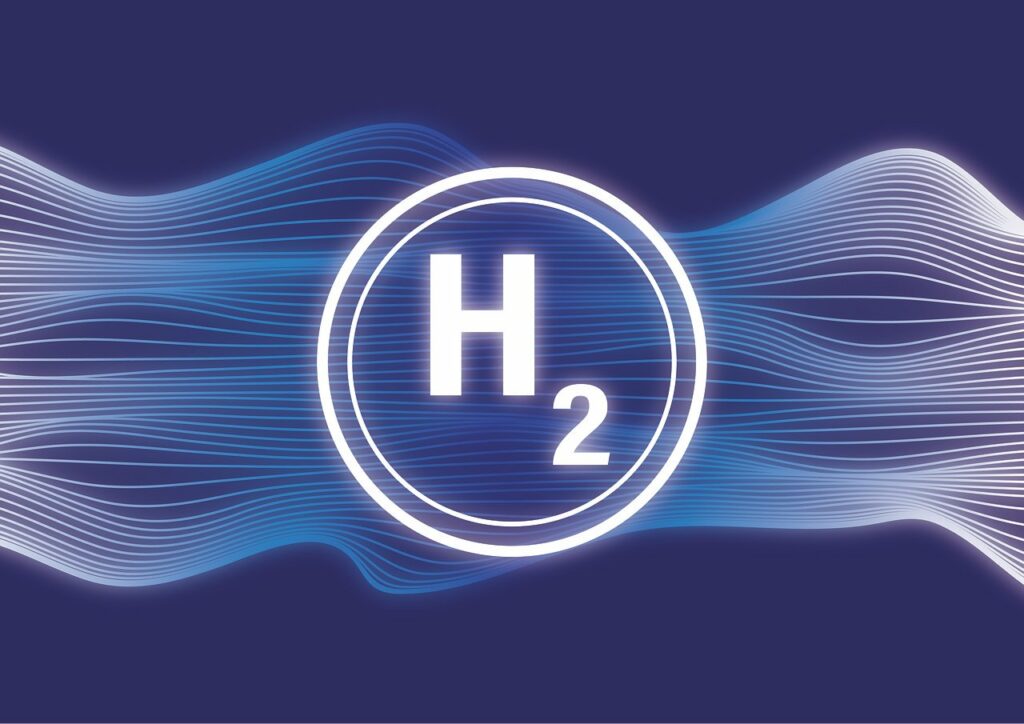Johnson Matthey (JM), a global leader in sustainable technologies, has unveiled a groundbreaking achievement with the successful lab-scale demonstration of its innovative HyRefine technology.
This revolutionary process is designed to recycle materials from hydrogen fuel cells and electrolysers, specifically focusing on recovering platinum group metals (PGMs) and valuable ionomer.
The primary goal of HyRefine is to establish a circularity approach for PGMs and ionomer, essential components in hydrogen fuel cells and electrolysers. While existing methods can recycle PGMs, the recovery of ionomer has often been overlooked. JM’s breakthrough demonstration marks a historic achievement by showcasing the circularity of both PGMs and ionomer in the same process.
Researchers at JM have successfully proven at the lab scale that both PGMs and ionomer can be efficiently recovered and recycled to produce new catalyst-coated membranes. These membranes are integral components that define the performance of hydrogen fuel cells and electrolysers. Importantly, separate experiments have confirmed that the recycled PGM catalysts exhibit performance levels on par with fresh materials.
The HyRefine technology utilizes a purely chemical process, distinguishing it from conventional PGM refining methods. By exclusively processing fuel cell and electrolyser materials, this bespoke technology enhances traceability of critical PGMs. The process yields 100% secondary (recycled) output, offering remarkable sustainability benefits. Following successful 5-liter lab scale demonstrations, JM is poised to scale up the technology, commencing 50-liter pilot trials at its Brimsdown facility in the UK.
HyRefine is not just a technological breakthrough; it embodies a sustainable offering with efficiency benefits compared to traditional PGM refining. By focusing solely on fuel cell and electrolyser materials, the process contributes to significant traceability of PGMs. The output from this innovative process is 100% secondary, leading to a carbon footprint up to 98% lower than primary (mined) metal, thereby aligning with JM’s commitment to environmental responsibility.





